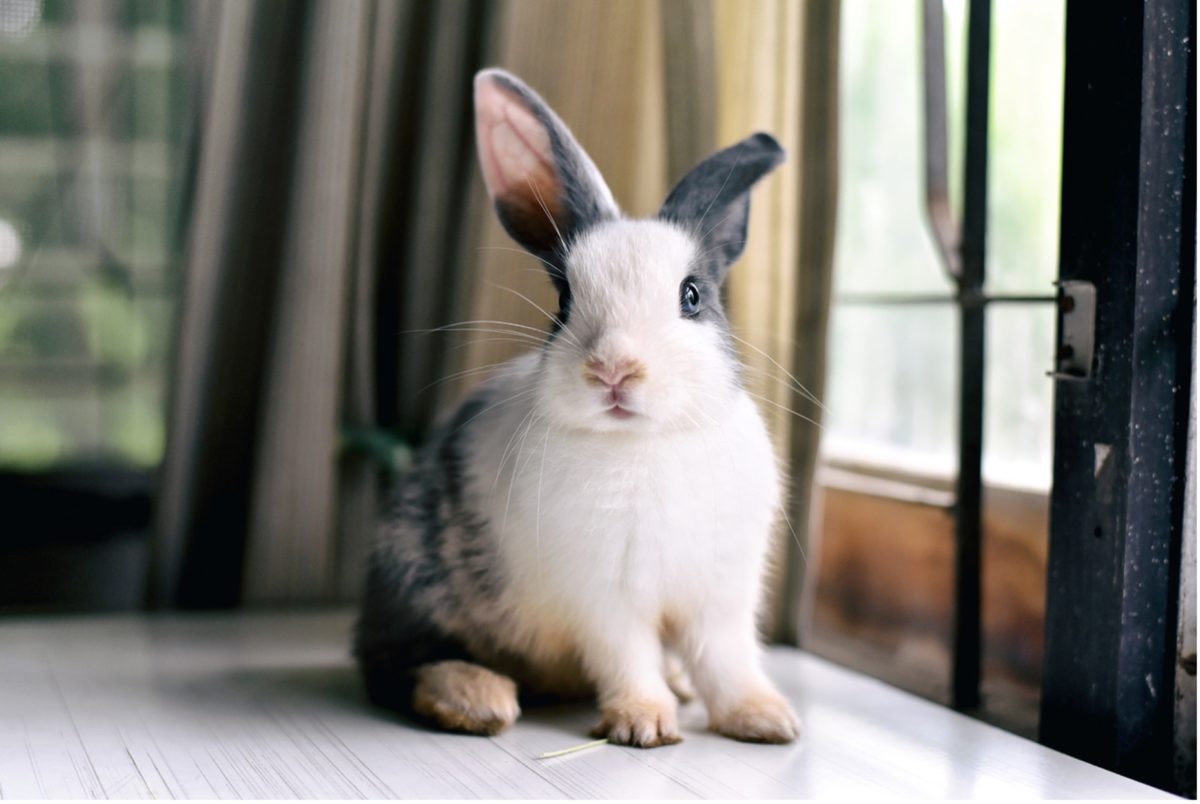Rabbit Hemorrhagic Disease (RHD) is a deadly virus affecting rabbits. Information and treatment options are essential for you to know as a rabbit owner. This disease has been detected in several areas of California recently.
About this Deadly Virus
This virus is serious and highly contagious to rabbits. It can affect wild and domestic rabbits. It does not transmit from rabbits to other animals or humans. The virus is almost always fatal to rabbits (mortality rate between 90% and 100%). That is why prevention is so very critical, particularly when it comes to this disease.
The virus causes liver inflammation and prevents the blood from clotting. Death is due to internal bleeding and liver failure. Rabbits often die suddenly without showing any outward signs. However, some cases may show some symptoms.
Symptoms
If they do show some symptoms, these are ones to watch out for that may indicate that it is a case of RHD:
- Fever
- Lack of appetite
- Bleeding from the nose
- Muscle spasms
- Difficulty breathing
How the Deadly Virus Spreads
Rabbits can catch the virus by inhalation, ingestion, or by absorption through scrapes and wounds.
The disease can be spread from one rabbit to another. It can also be spread by an object, person, clothing, or equipment that came into contact with an affected rabbit. Insects such as flies, mosquitoes, or fleas can spread the virus over long distances. Also, rodents, birds, or domestic animals transfer it to rabbits. Dogs, coyotes, birds of prey, and other predators can also spread the virus by moving infected rabbit carcasses.
Rabbits are also able to catch the virus through the consumption of contaminated water or food.
Vaccination
Since this disease is so deadly and highly infectious, vaccinating your bunny against it is the only answer.
There is no licensed vaccine for this disease in the United States. However, the European Union (EU) has licensed two vaccines that veterinarians can use in the USA under a special permit. The process to import the vaccine and get approval to administer it is extensive.
Our centre has gone through the process of importing the vaccine from France. We have the approval to administer it to our rabbit patients. We are currently the only veterinary clinic in our area that offers this vaccine.
Take Additional Cautions to Prevent this Deadly Virus
According to the California Department of Food & Agriculture, these are some other things you can do to keep your rabbits safe from Rabbit Hemorrhagic Disease:
Visitors
- Ensure wild rabbits do not come near your rabbit(s).
- Maintain proper fencing so wild rabbits cannot enter your yard, rabbit housing, or feed storage area.
- Do not allow other people who own rabbits to handle your rabbit(s)
- Watch that dogs, cats, birds, and scavengers do not bring rabbit carcasses onto your property.
Care and Equipment
- House rabbits off the ground when possible.
- Do not feed plants or forage gathered from outside to your rabbit.
- Do not use materials collected from outside for bedding or cage base.
- Keep new or returning rabbits separated from your existing rabbits for at least two weeks.
- Frequently and adequately dispose of soiled and used bedding.
- Clean and disinfect caging, enclosures, harnesses, and other equipment between different rabbits. Use 10% bleach water, 1% Virkon-S, or other products recommended by your veterinarian
- Do not allow rabbits to share toys and enrichment objects.
Hygiene
- Always wash your hands before and after handling your rabbit.
- Use separate footwear for outside and inside the rabbitry. Or you can use a disinfectant footbath to avoid tracking contamination on your shoes.
- Do not handle any rabbits that are not your own. If you do, then wash your hands and change clothes and shoes before you handle your rabbits.
Summary
Hemorrhagic Disease is highly infectious and deadly. Sadly, there is no known cure for the disease. The only thing that can be done for a rabbit who has contracted the virus is supportive care. For this reason, getting your rabbit(s) vaccinated is crucial. If you have a rabbit(s) and have not had them vaccinated, contact us to schedule an appointment today!
Sincerely,
Jaimie Ronchetto, DVM
Cinema Veterinary Centre

